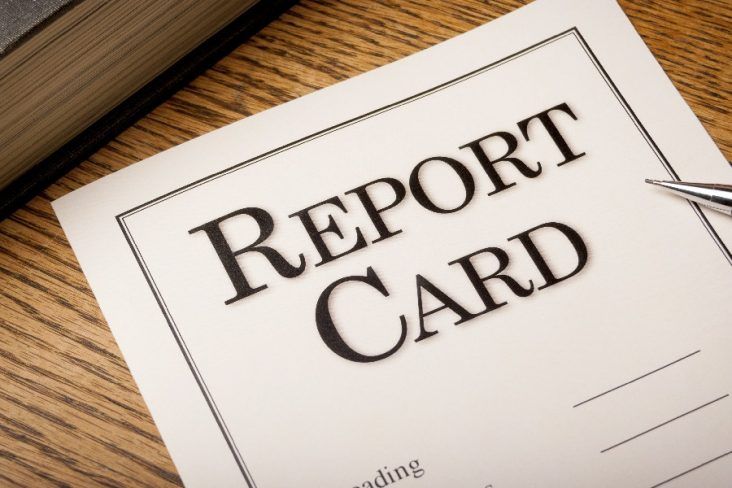Group gives Arkansas a D- in government integrity; ranks 35th for accountability and transparency
by November 9, 2015 10:01 am 252 views

Arkansas’ state government scored a D-, or 35th in the nation, regarding its laws, practices and systems for accountability and transparency, according to a report released Monday by The Center for Public Integrity, a nonpartisan, nonprofit investigative news organization, and Global Integrity, a research organization.
The State Integrity Investigation ranked the 50 states in 13 categories: public access to information, political financing, electoral oversight, executive accountability, legislative accountability, judicial accountability, state budget processes, state civil service management, procurement, internal auditing, lobbying disclosure, state pension fund management and ethics enforcement agencies.
According to a press release, “State governments are plagued by conflicts of interests and cozy relationships between lawmakers and lobbyists, while open records and ethics laws are often toothless and laced with exemptions.”
Arkansas’ total score of 61.2 ranked it 35th. It was one of 36 states earning a D and one of 16 earning a D-.
Alaska scored highest with a 76, good for a C. California scored 73 and Connecticut scored a 71, both enough for a C-. Eleven states scored an F, with Michigan scoring at the bottom with a 51.
This is the second such study conducted by the two groups. The first occurred in 2011-12.
According to the report, state governments and agencies continue to make it difficult to access what should be public records. The report notes that access laws are “typically shot through with holes and exemptions and usually have essentially no enforcement mechanisms, beyond the court system, when agencies refuse to comply.”
“Across the board, accessing government has always been, but is increasingly, a barrier to people from every reform angle,” Jenny Rose Flanagan, vice president for state operations at Common Cause, a national advocacy group with chapters in most states, noted in the report.
ARKANSAS RESULTS
At least one journalist in each state assessed state government using 245 specific measurements. David Ramsey, a contributor to the Arkansas Times, was the commissioned journalist in Arkansas. Findings were then reviewed by editors at Global Integrity and the Center for Public Integrity and experts in each state.
Articles by Ramsey and by Nicholas Kusnetz released in conjunction with the study reference Amendment 94, the so-called “ethics amendment” passed by voters in 2014 that included a provision banning lobbyists from purchasing meals for legislators. The amendment, however, allowed such purchases when part of a planned event involving a specific government body, a practice that has become common since the amendment’s passage.
Ramsey’s article also referred to the amendment’s provision requiring legislators to wait two years to become lobbyists, which he said they have skirted by taking positions that are lobbyists in all but name. He also mentioned the amendment’s failure to curb campaign spending by donors who form multiple political action committees and by candidates coordinating with outside advocacy groups.
Broken down by category, Arkansas ranked as follows:
• Public access to information, 16th with a score of 52.2
• Political finance, 30th with a score of 55.3
• Electoral oversight, 29th with a score of 62.5
• Executive accountability, 26th with a score of 60.3
• Legislative accountability, 46th with a score of 50.1
• Judicial accountability, 9th with a score of 62.5
• State budget processes,14th with a score of 83.4
• State civil service management, 28th with a score of 59.4
• Procurement, 22nd with a score of 70
• Internal auditing, 47th with a score of 63.2
• Lobbying disclosure, 35th with a score of 55.8
• Ethics enforcement agencies, 10th with a score of 66.5
• State pension fund management, 37th with a score of 55
